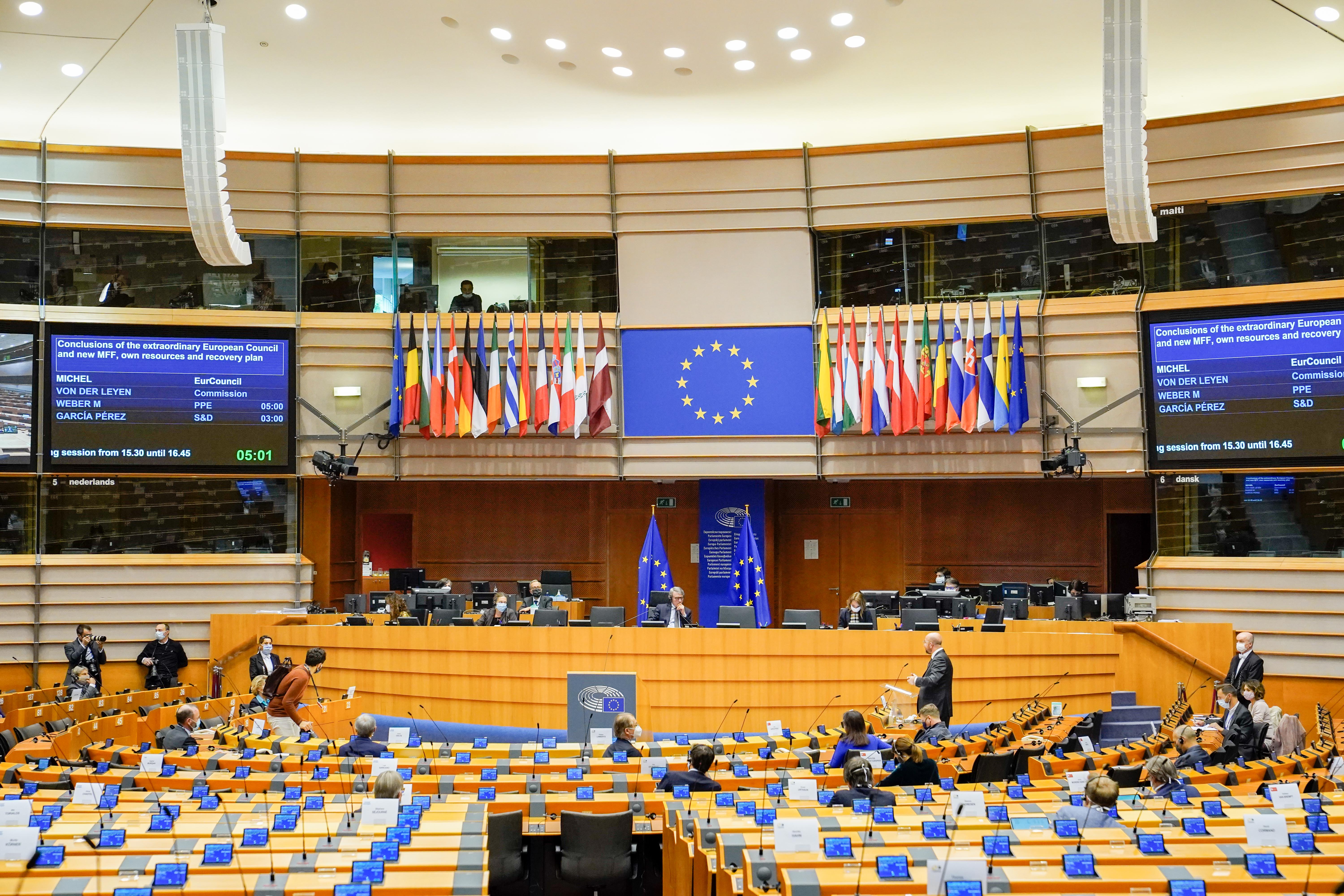
The European Commission has decided to prolong and extend the scope of the State aid Temporary Framework adopted on 19 March 2020 to support the economy in the context of the coronavirus outbreak. All sections of the Temporary Framework are prolonged for six months until 30 June 2021, and the section to enable recapitalisation support is prolonged for three months until 30 September 2021.

Executive Vice-President Margrethe Vestager, in charge of competition policy, said “The Temporary Framework has supported Member States in their efforts to deal with the effects of the crisis. Today, we prolong the Temporary Framework to cater for the continued needs of businesses, while protecting the EU’s Single Market. We also introduce a new measure to enable Member States to support companies facing significant turnover losses by contributing to part of their uncovered fixed costs. Finally, we introduce new possibilities for the State to exit from recapitalised companies while maintaining its previous stake in those companies and limiting distortions to competition.”
Prolongation of the Temporary Framework
The Temporary Framework was initially set to expire on 31 December 2020, except for recapitalisation measures that could be granted until 30 June 2021. Today’s amendment prolongs at current thresholds the provisions of the Temporary Framework for an additional six months until 30 June 2021, except the recapitalisation measures which are prolonged for three months until 30 September 2021.
The objective is to enable Member States to support businesses in the context of the coronavirus crisis, especially where the need or ability to use the Temporary Framework has not fully materialised so far, while protecting the level playing field. Before 30 June 2021, the Commission will review and examine the need to further prolong or adapt the Temporary Framework.
Support for uncovered fixed costs of companies
Today’s amendment also introduces a new measure to enable Member States to support companies facing a decline in turnover during the eligible period of at least 30% compared to the same period of 2019 due to the coronavirus outbreak. The support will contribute to a part of the beneficiaries’ fixed costs that are not covered by their revenues, up to a maximum amount of €3 million per undertaking. Supporting these companies by contributing to part of their costs on a temporary basis aims at preventing the deterioration of their capital, maintaining their business activity and providing them with a strong platform to recover. This allows more targeted aid to companies that demonstrably need it.
Exit of the State from previously State-owned companies
The Commission has also adapted the conditions for recapitalisation measures under the Temporary Framework, in particular for the State’s exit from the recapitalisation of enterprises where the State was an existing shareholder prior to the recapitalisation. The amendment allows the State to exit from the equity of such enterprises through an independent valuation, whilst restoring its previous shareholding and maintaining the safeguards to preserve effective competition in the Single Market.
Extension of the temporary removal of all countries from the list of “marketable risk” countries under the Short-term export-credit insurance Communication
Finally, taking into account the continued general lack of sufficient private capacity to cover all economically justifiable risks for exports to countries from the list of marketable risk countries, the amendment provides for an extension until 30 June 2021 of the temporary removal of all countries from the list of “marketable risk” countries under the Short-term export-credit insurance Communication.
Background on Temporary Framework and ongoing work to support the Recovery and Resilience Facility
On 19 March 2020, the Commission adopted a new State aid Temporary Framework to support the economy in the context of the coronavirus outbreak, based on Article 107(3)(b) of the Treaty on the Functioning of the European Union. The Temporary framework was first amended on 3 April 2020 to increase possibilities for public support to research, testing and production of products relevant to fight the coronavirus outbreak, to protect jobs and to further support the economy. It was further amended on 8 May to enable recapitalisation and subordinated debt measures, and on 29 June 2020 to further support micro, small and start-up companies and to incentivise private investments.
The Temporary Framework recognises that the entire EU economy is experiencing a serious disturbance. It enables Member States to use the full flexibility foreseen under State aid rules to support the economy, while limiting negative consequences to the level playing field in the Single Market.
Moreover, as Europe moves from crisis management to economic recovery, State aid control will also accompany and facilitate the implementation of the Recovery and Resilience Facility. In this context, the Commission will:
- engage with Member States to ensure investment projects supported by the Recovery and Resilience Facility are compatible with State aid rules. Indeed, certain infrastructure investments and direct support to citizens, fall outside State aid rules altogether and many measures do not need to be notified since they fall under block exemptions;
- provide guidance to Member States as regards the flagship investment projects, including by providing templates; and
- push ahead with revising key State aid rules by the end of 2021 to accommodate the green and digital transitions.
In addition, the Commission will assess in which areas State aid rules could be further streamlined in view of achieving the recovery objectives. The Commission will assess all State aid notifications received from Member States in the context of the Recovery and Resilience Facility as a matter of priority.

















